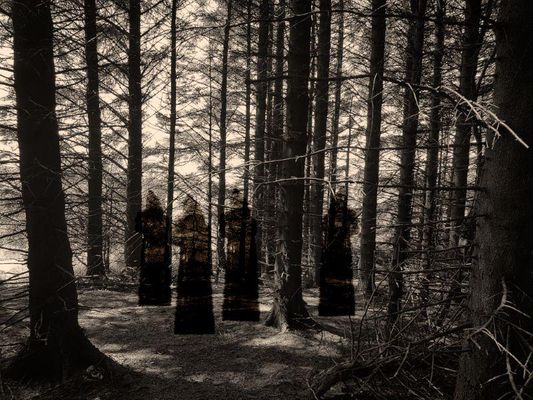The Little Mermaid
Lets Start with everybody's favorite mermaid.That is, until she strikes a bargain with the sea witch, and her tongue is cut out. Ariel gets some nice legs out of the deal, but in the original, stepping on her feet is incredibly painful. She does it anyway, even dancing for the prince and court. With no voice, dancing is her only way to charm the prince. She has no time limit on getting him to fall in love with her, but if she fails and he weds another, she’ll die. For a long time she remains his companion and servant.
There’s no witchy plans to rule the mer kingdom in the original story. The sea witch doesn’t use the heroine’s incredible voice to ensnare the prince. Even if she wanted the mermaid to fail, she wouldn’t need to. He doesn’t know the mermaid saved his life; instead he thinks a different woman did it. He decides the other woman is his one true love. As convenience would have it, she’s also a princess. He takes everyone out on a wedding boat, and he and the princess marry. Knowing she’ll die at dawn, the mermaid does one last, sad dance for them before they retire to the cabin.
That night, her sisters appear above the water and give her a knife. They’ve made a deal with the witch: if she kills the prince before dawn, she can go back to being a mermaid. But she still loves him, so she chooses to die instead. As the sun rises, she throws herself back into the sea, ending the tragic tale.
Or it would have ended that way if not for some strange insert about immortal souls and air spirits. Let’s rewind a bit. While the mermaid is longing for the prince, her grandmother happens to tell her that humans have immortal souls. Mermaids can only get one if a human falls so in love with them that they completely forget about the existence of their parents* and wed them. After hearing this, the mermaid decides she really wants the prince AND an immortal soul. Her deal with the witch gives her the opportunity to gain both.
After she fails and her body turns into sea foam, it is revealed that air spirits exist, and she’s now one of them. After three hundred years of hard work bringing the winds where they’re needed, she can earn an immortal soul and go to heaven. Hans Christian Anderson insisted this ending was his intention the entire time he was writing the story. Not everyone believes it.
Join Qfeast to read the entire story!
Sign In. It is absolutely free!


